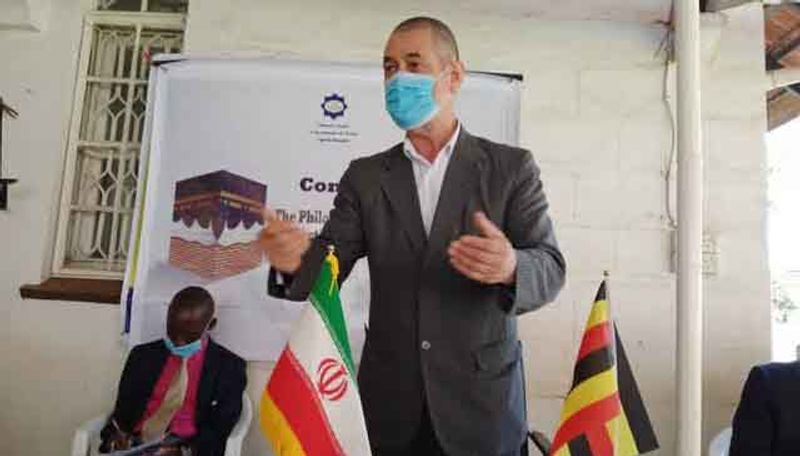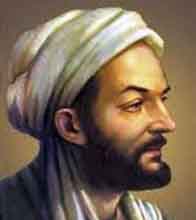

Ghezel Sofla, Iran cultural center boss
The Iranian cultural counsellor in Uganda Muhammad Reza Ghezel Sofla has hailed Ugandan Doctors and scientists for the role they’re playing in the fight against the Corona Virus pandemic.
As Uganda grapples with the Covid 19 pandemic, the Iranian Cultural consulate in Kampala is in all praises for their endeavour. This is especially so when Iran is celebrating the National Day of Doctors in the nation.
Ghezel Sofla said the Cultural Consulate of the Embassy of the Islamic Republic of Iran. “We want to thank the Ugandan doctors, nurses and health practitioners for their tireless effort in fighting the global pandemic.”
He said In order for the nation to succeed scientists and physicians have to be able to find its medicine.
He therefore supports President Yoweri Museveni for calling upon scientists to have the national cures for the diseases that are ailing people.
On August 25, Iran marked the National Day of Avicenna, a 10th century scientist credited for inventing many cures.
Ghezel Sofla called upon all scientist and doctors to emulate Ibn Sīnā known as Avicenna (980-1037) who is considered as the most influential philosopher and physician of the pre-modern era and one of the most significant astronomers, thinkers and writers of the Islamic Golden Age. He is also regarded as the father of early modern medicine.
“On behalf of the Cultural Consulate of the Embassy of the Islamic Republic of Iran in Kampala, we do congratulate all Doctors in Uganda and all over the world upon the National Doctors Day in Iran,” says Muhammad Reza.
Avicenna wrote the Kitāb al-shifāʾ (Book of the Cure), a comprehensive philosophical and scientific encyclopaedia, and Al-Qānūn fī al-ṭibb (The Canon of Medicine), which is among the most famous books in the history of medicine.

Avicenna
The canon of medicine became an instruction book to many medieval universities until 1650. Even today, some doctors and students still refer to it in their studies and practices.
“These books are used to show direction for other doctors and this makes their work easier,” he says
At the age of 10, Avicenna was taught the whole Qur’an and much of Arabic literature. When he was 18 years of age, Avicenna mastered logic, natural sciences, and mathematics. After wards, he turned to theology and studied Aristotle’s Metaphysics. It was also during that period Avicenna turned to medicine, a discipline over which he claimed “easy” mastery.














Musa Asiimwe
Leave a Comment
Your email address will not be published.